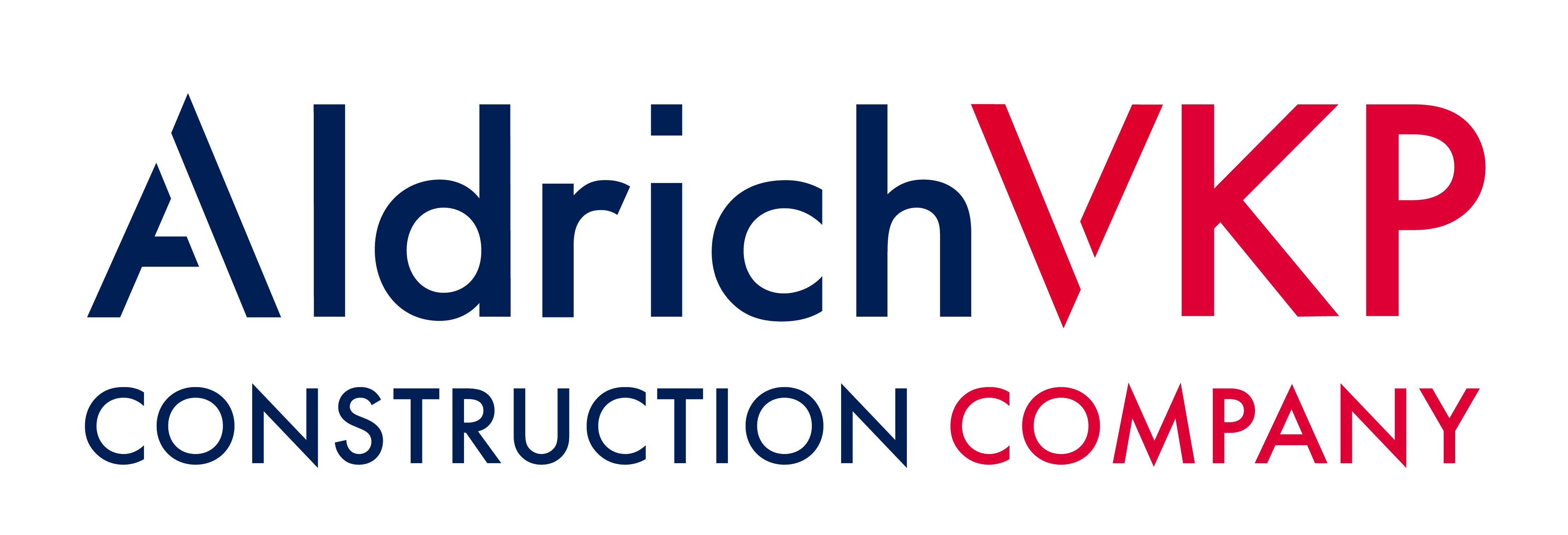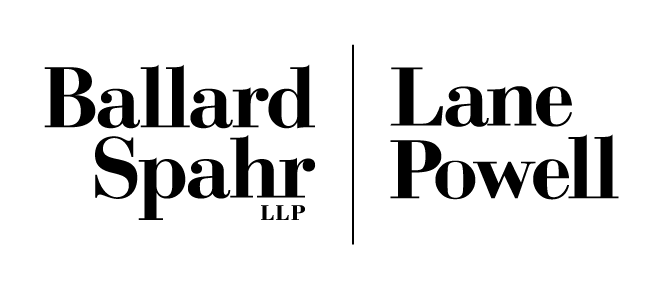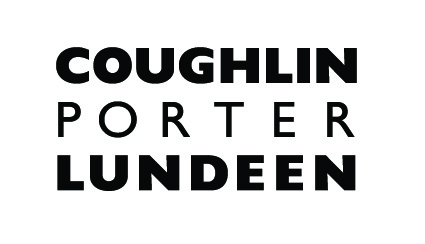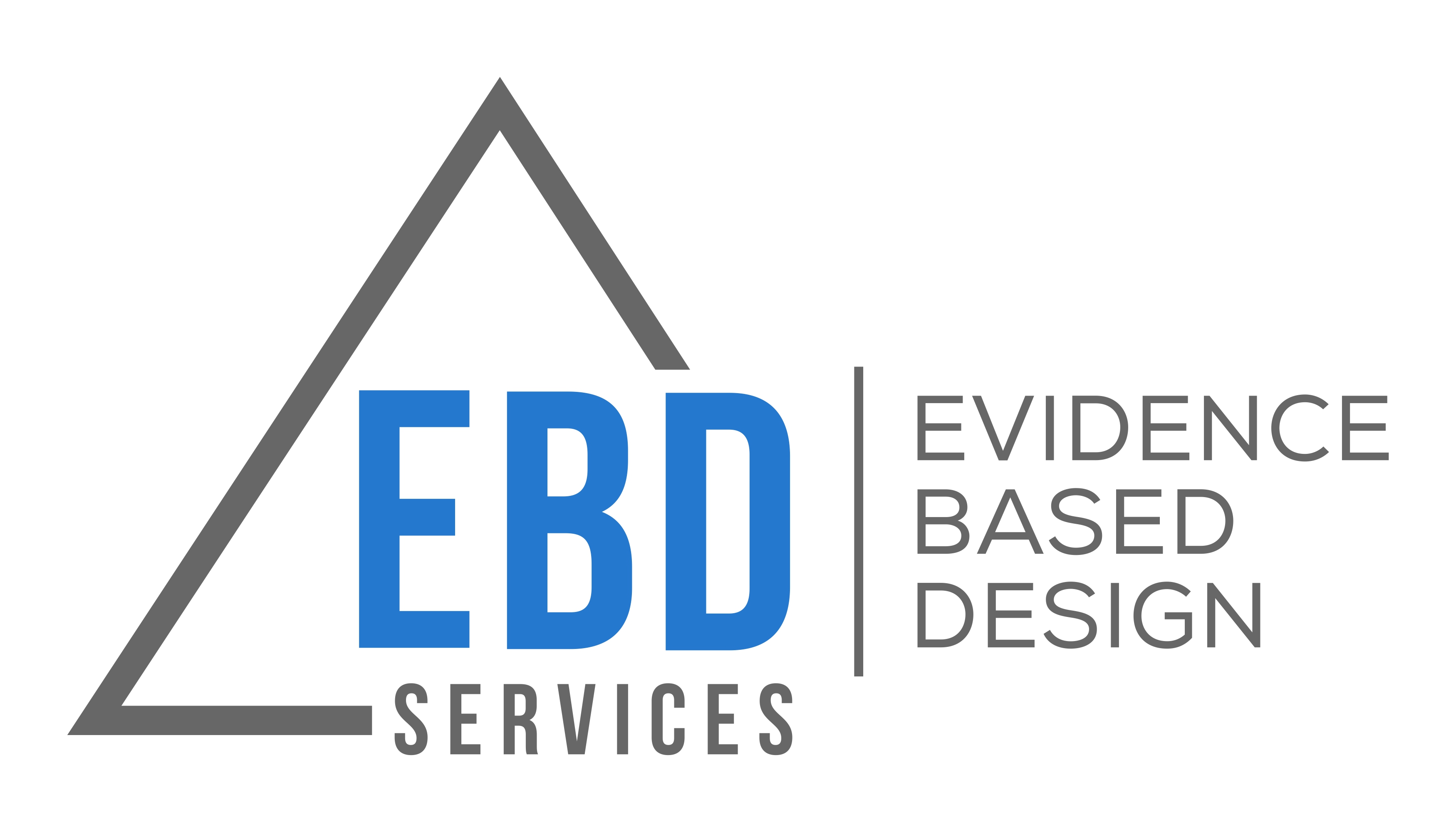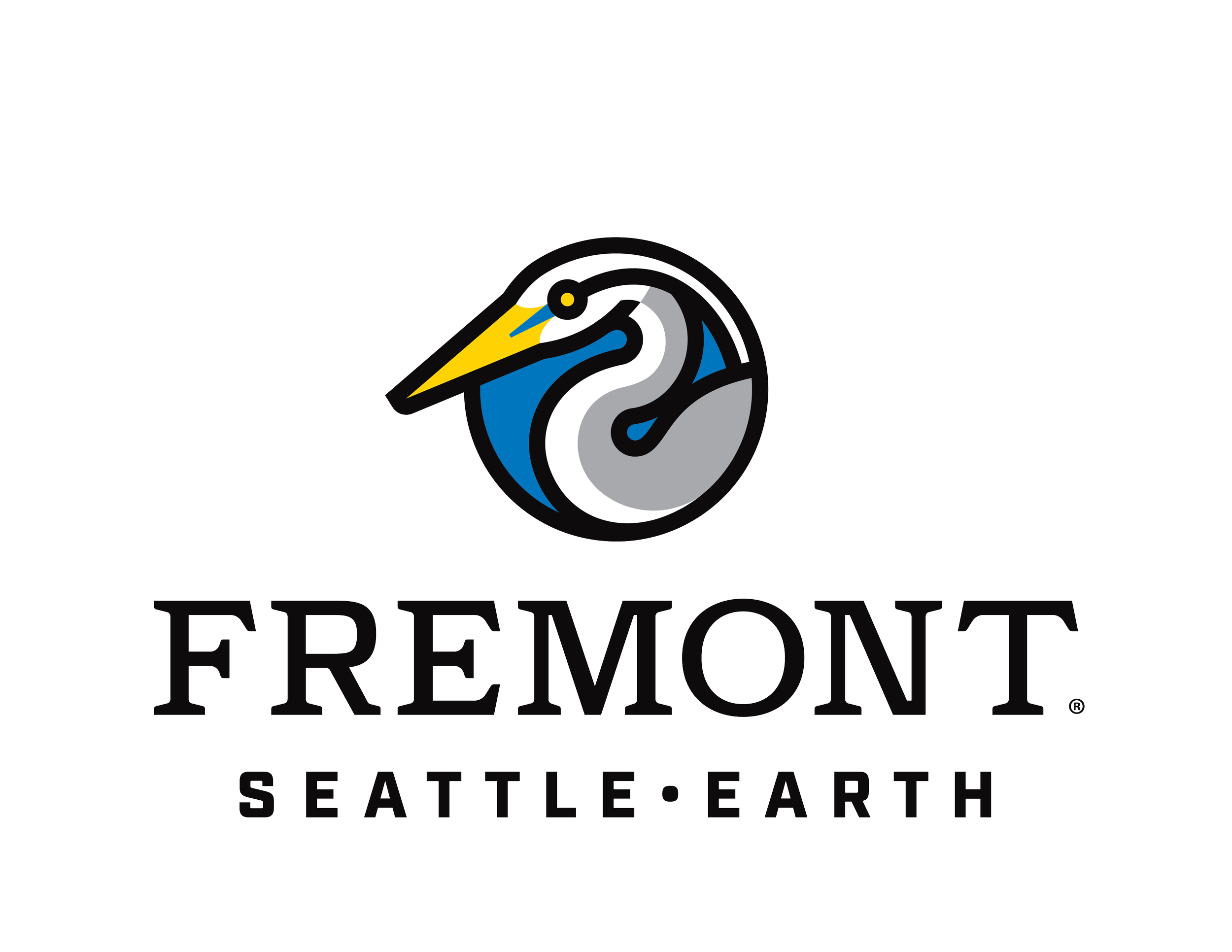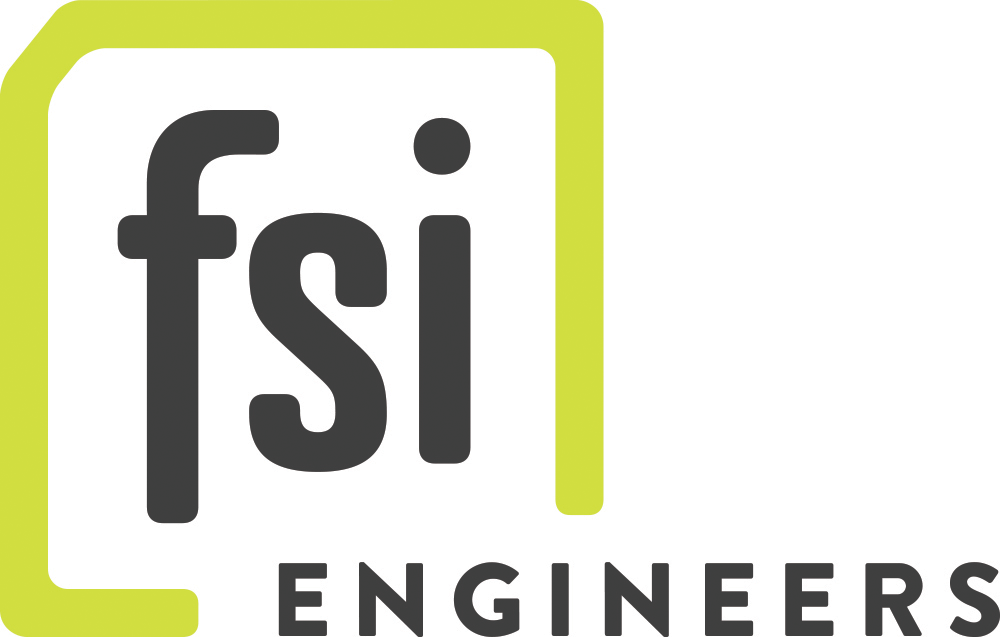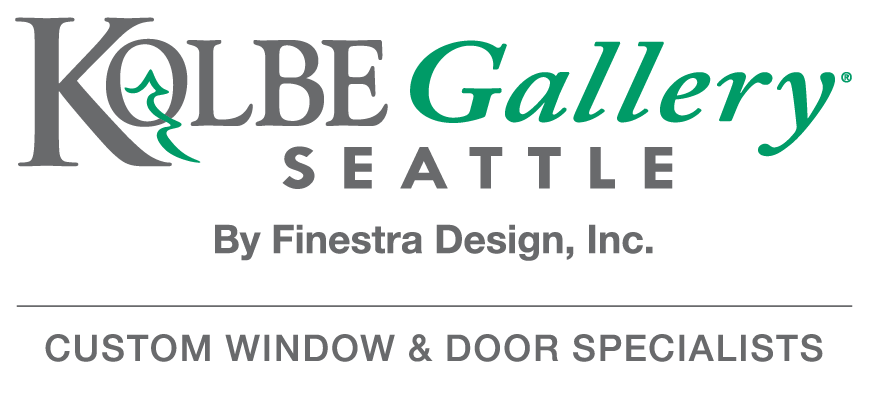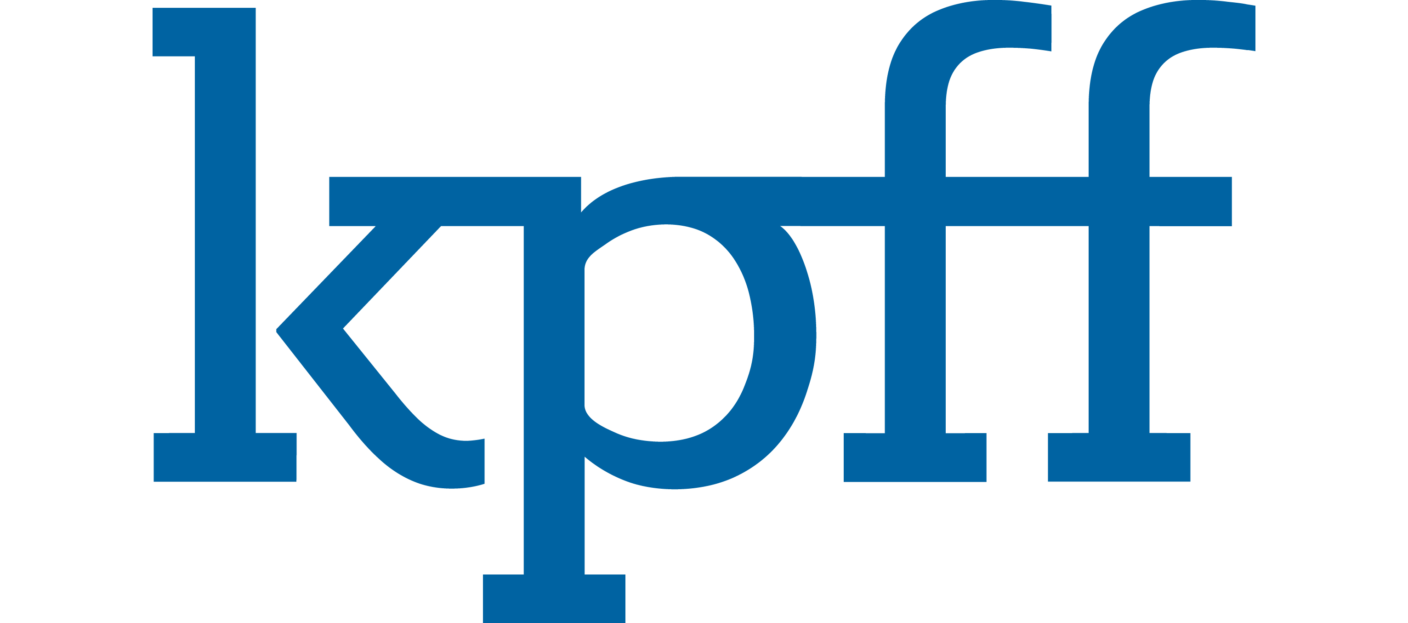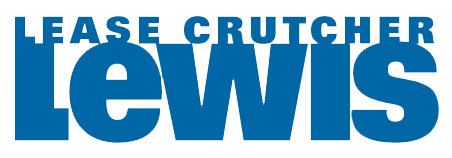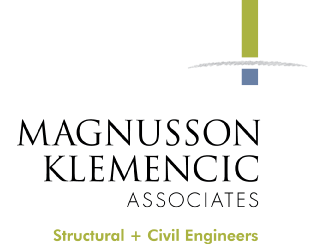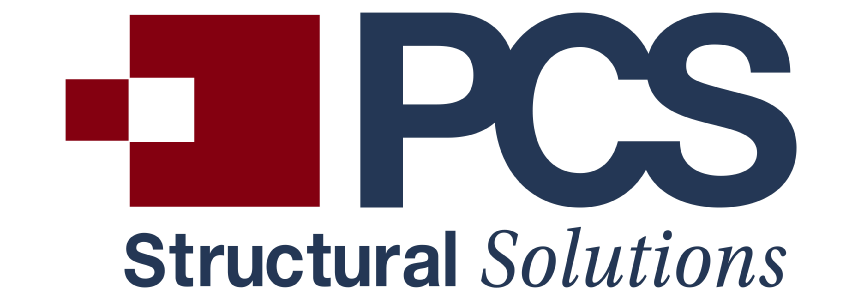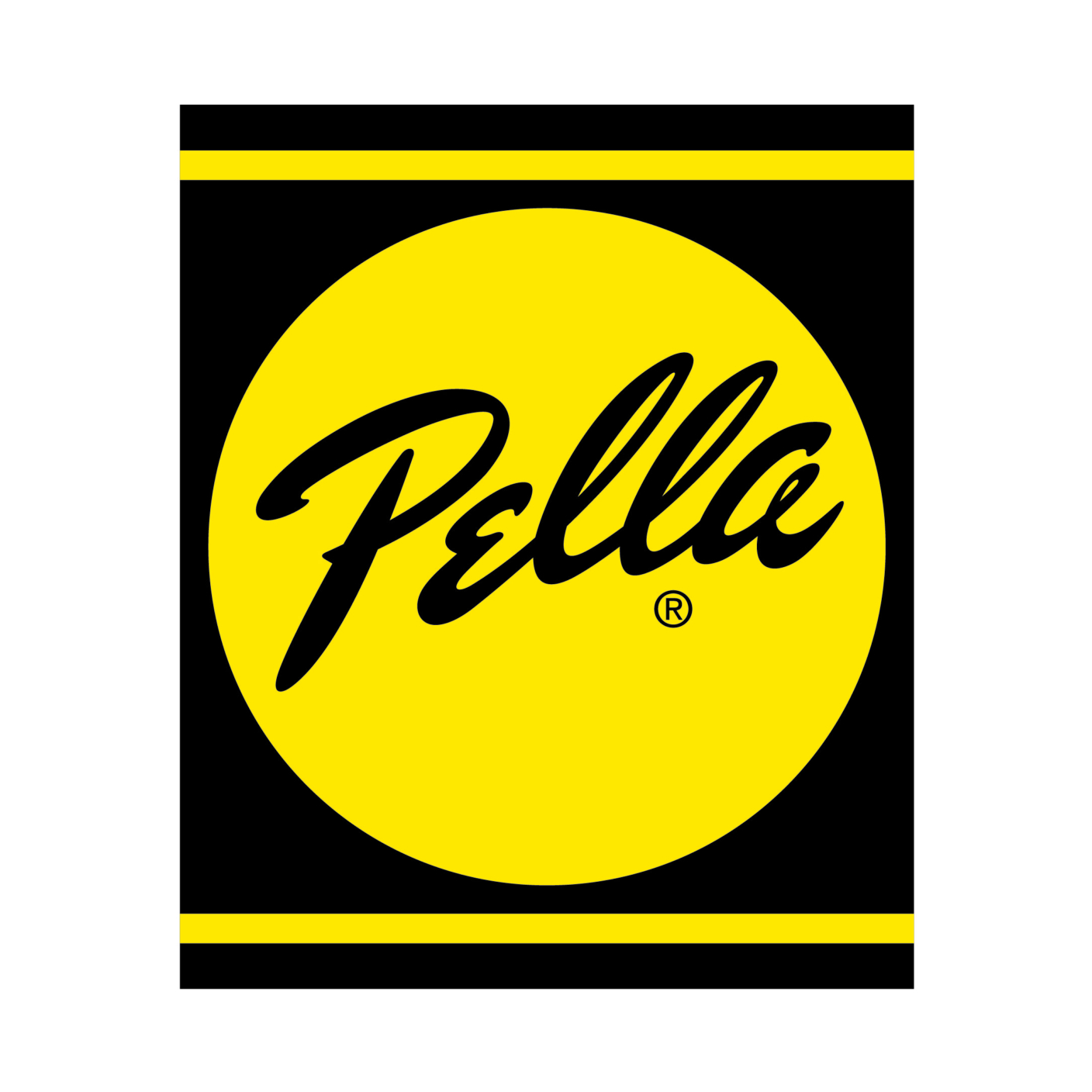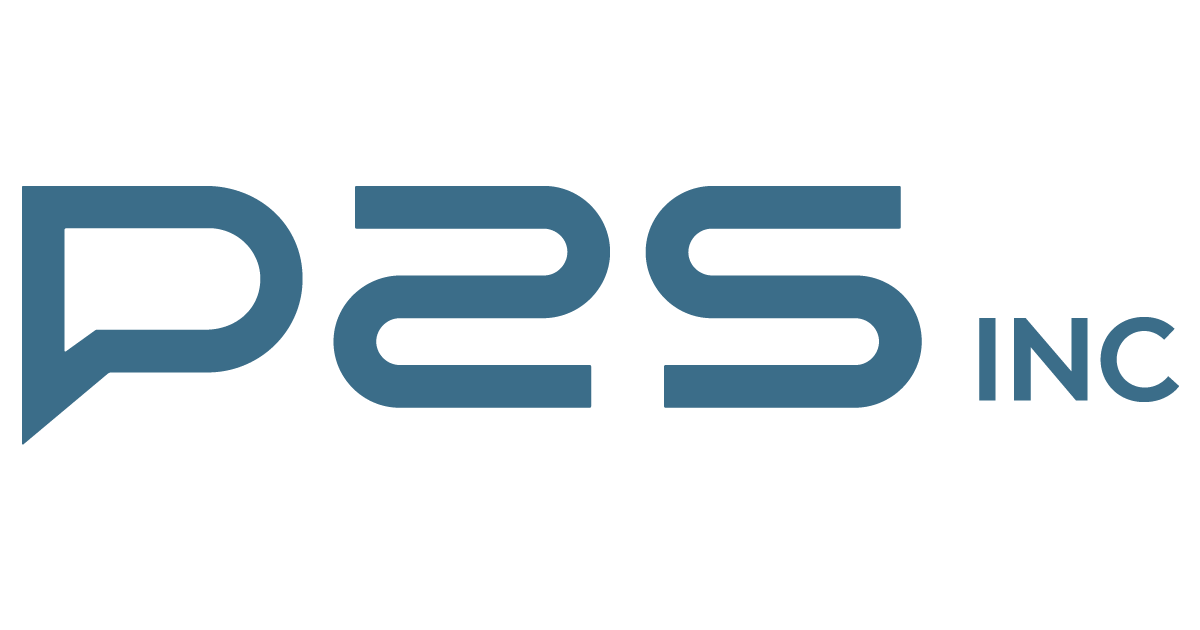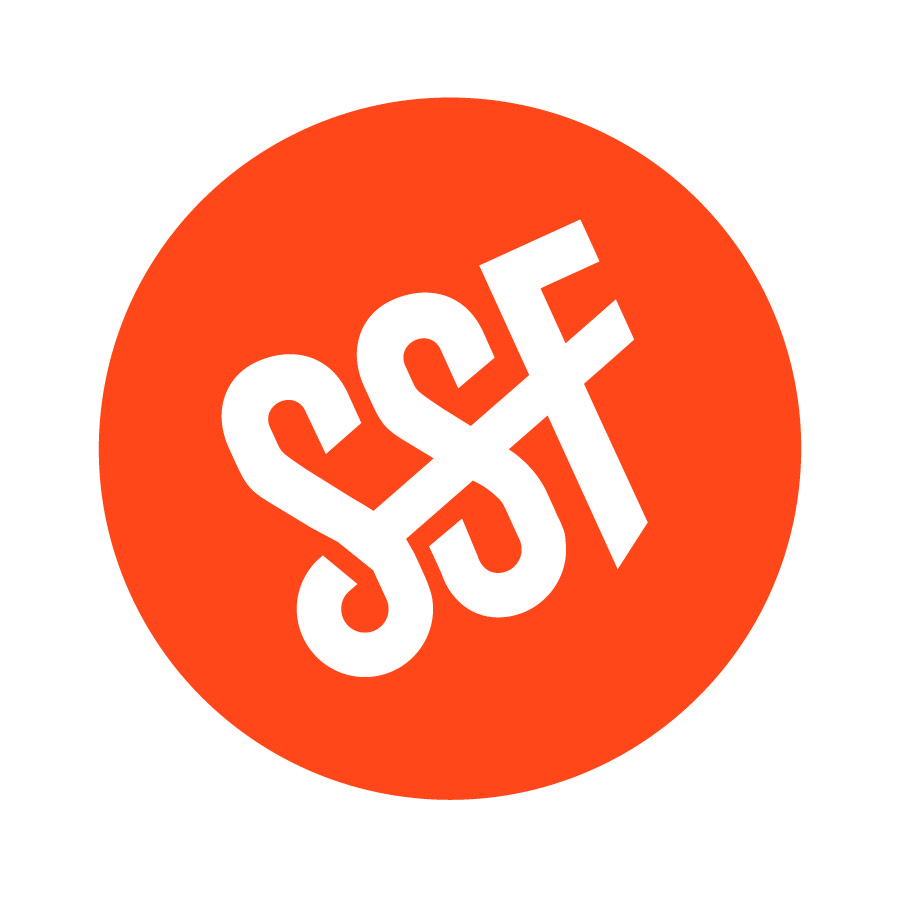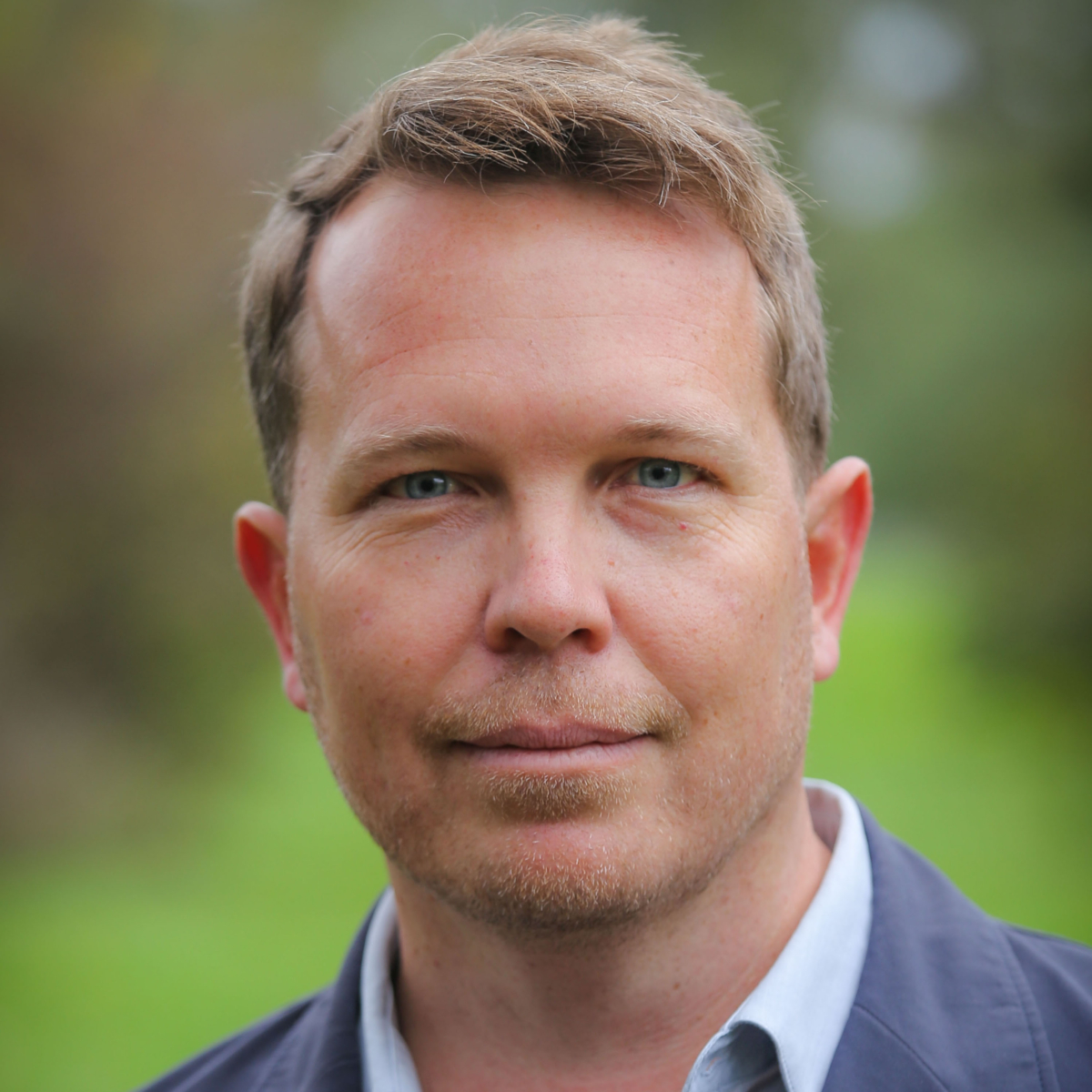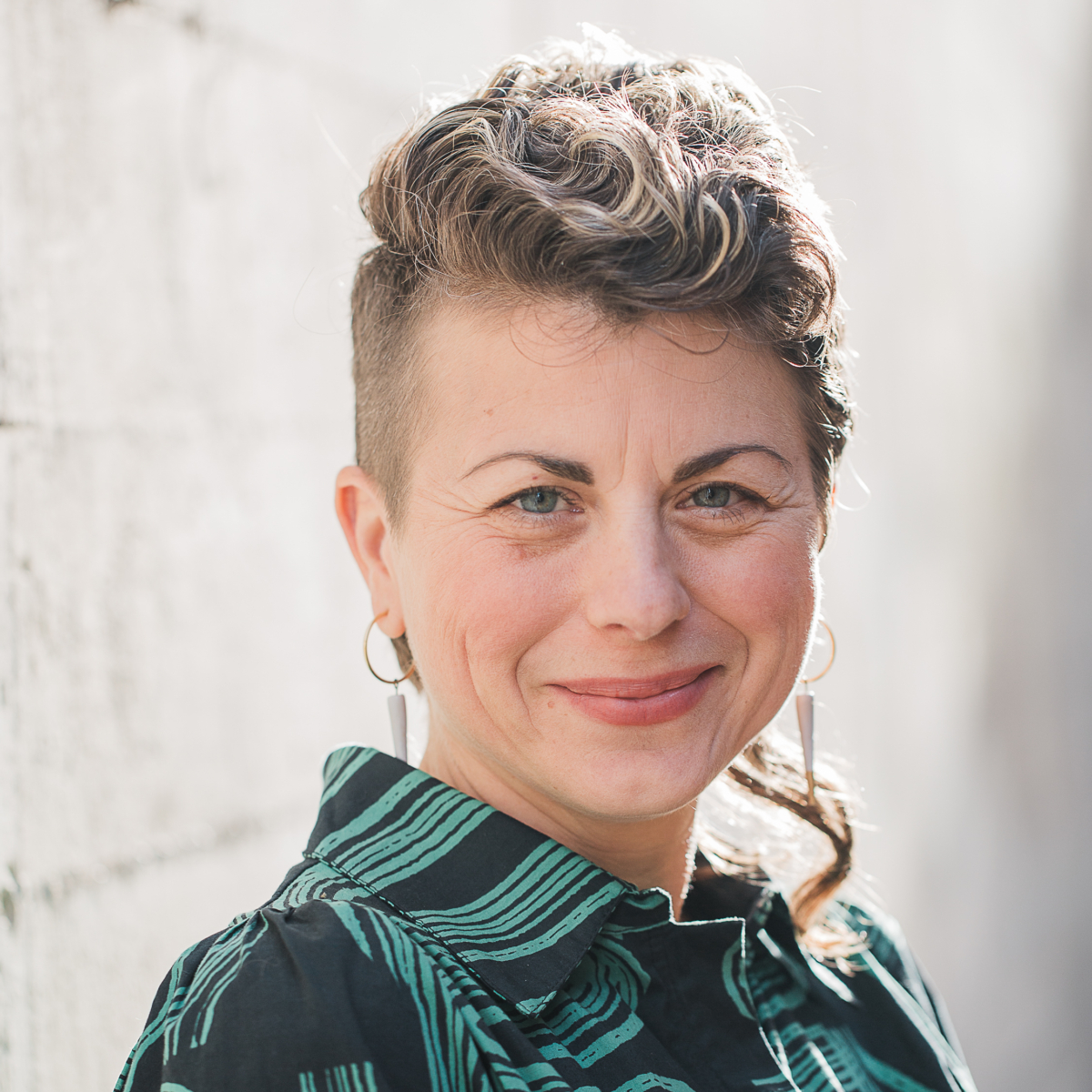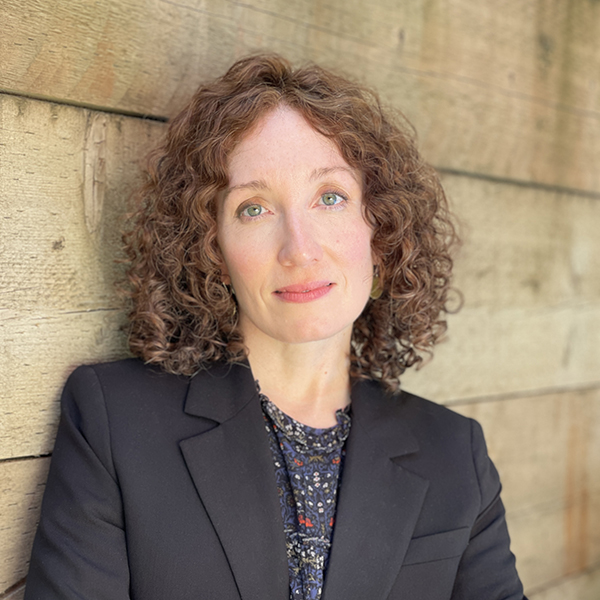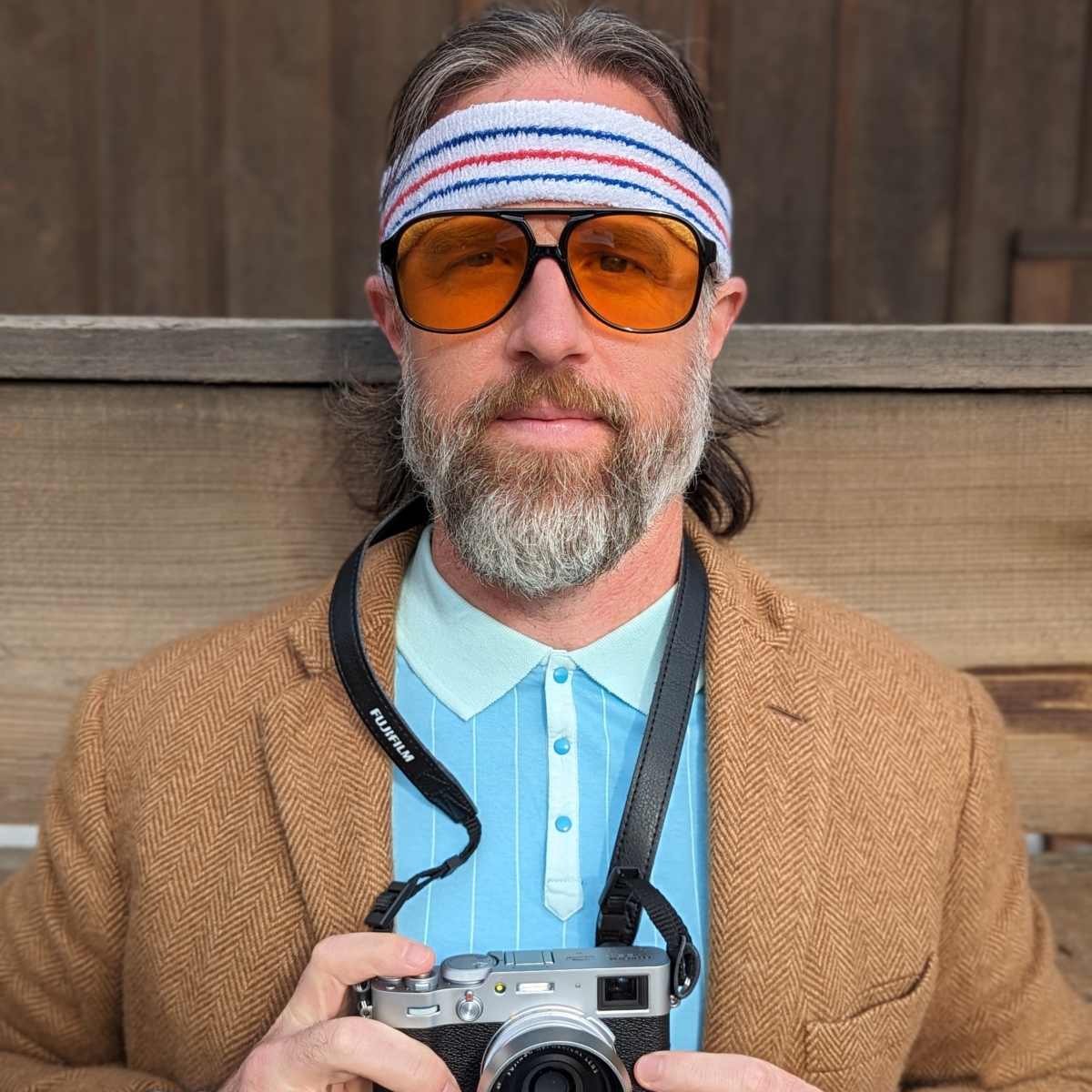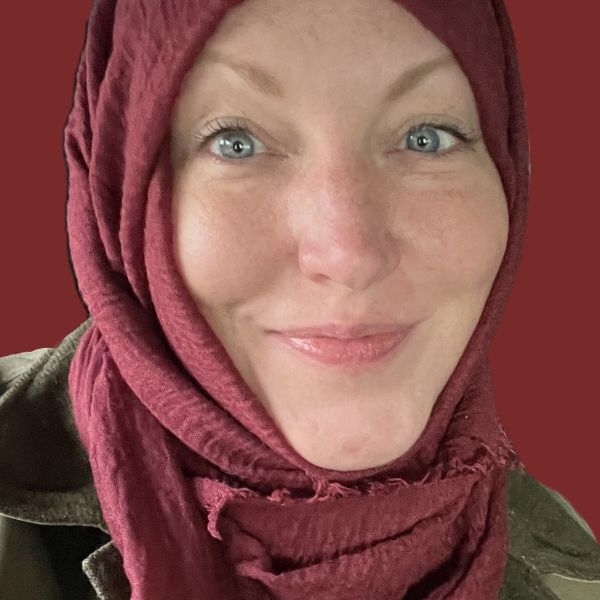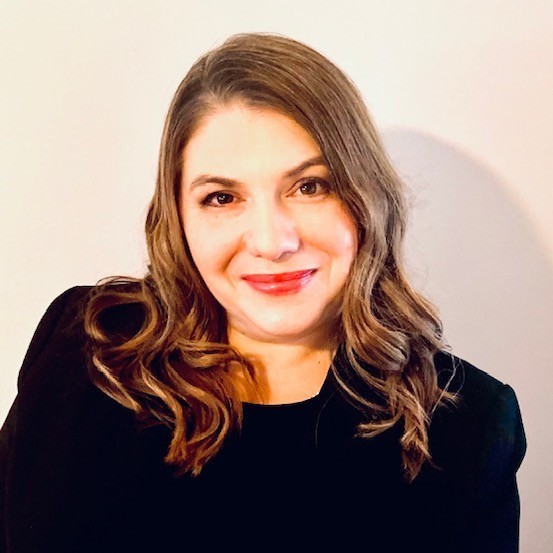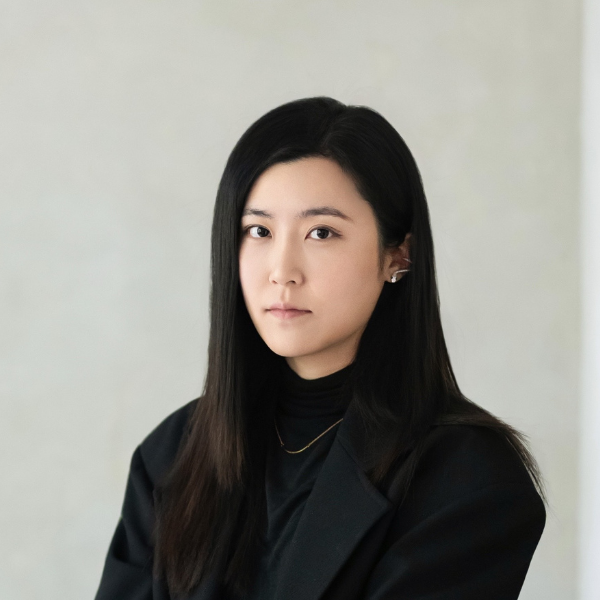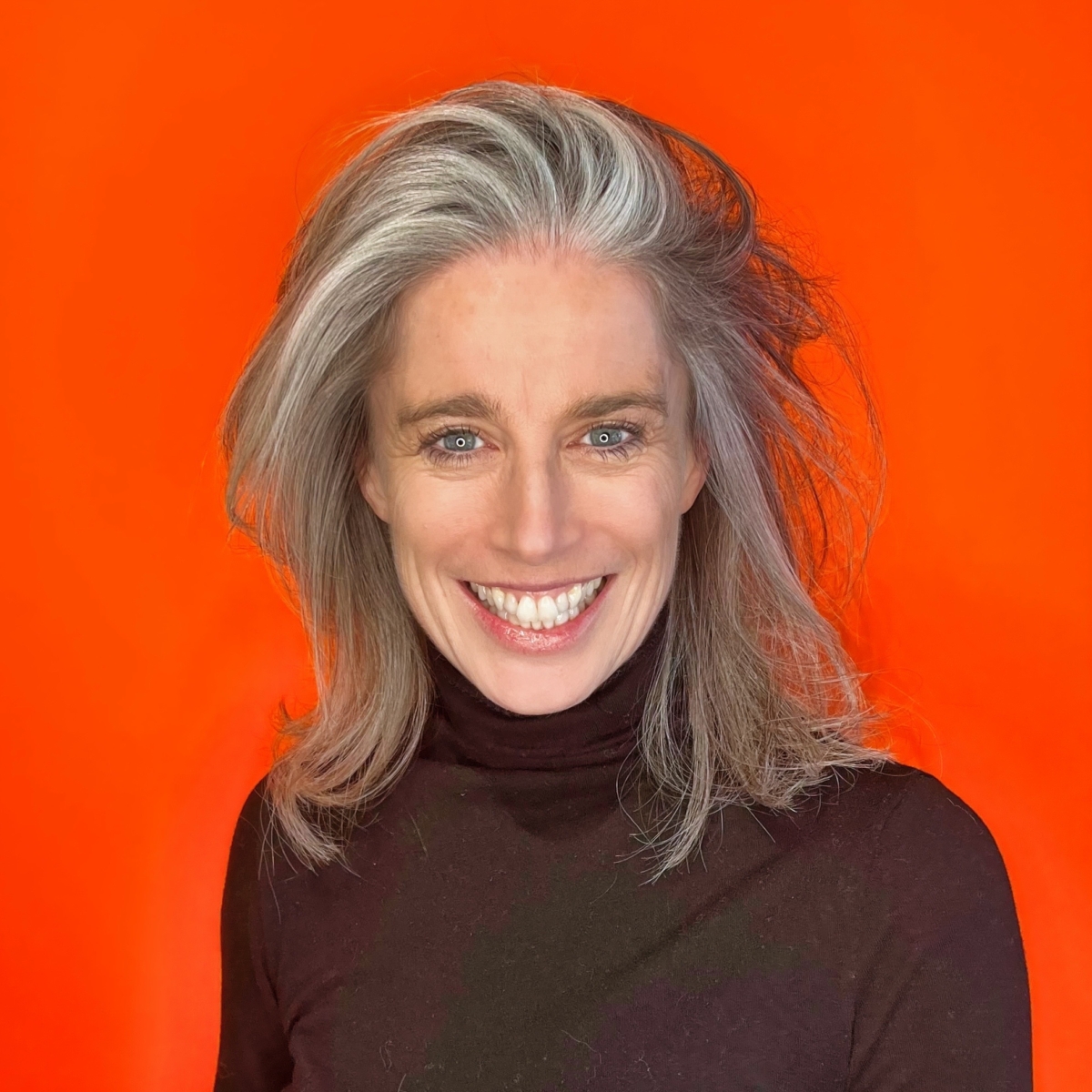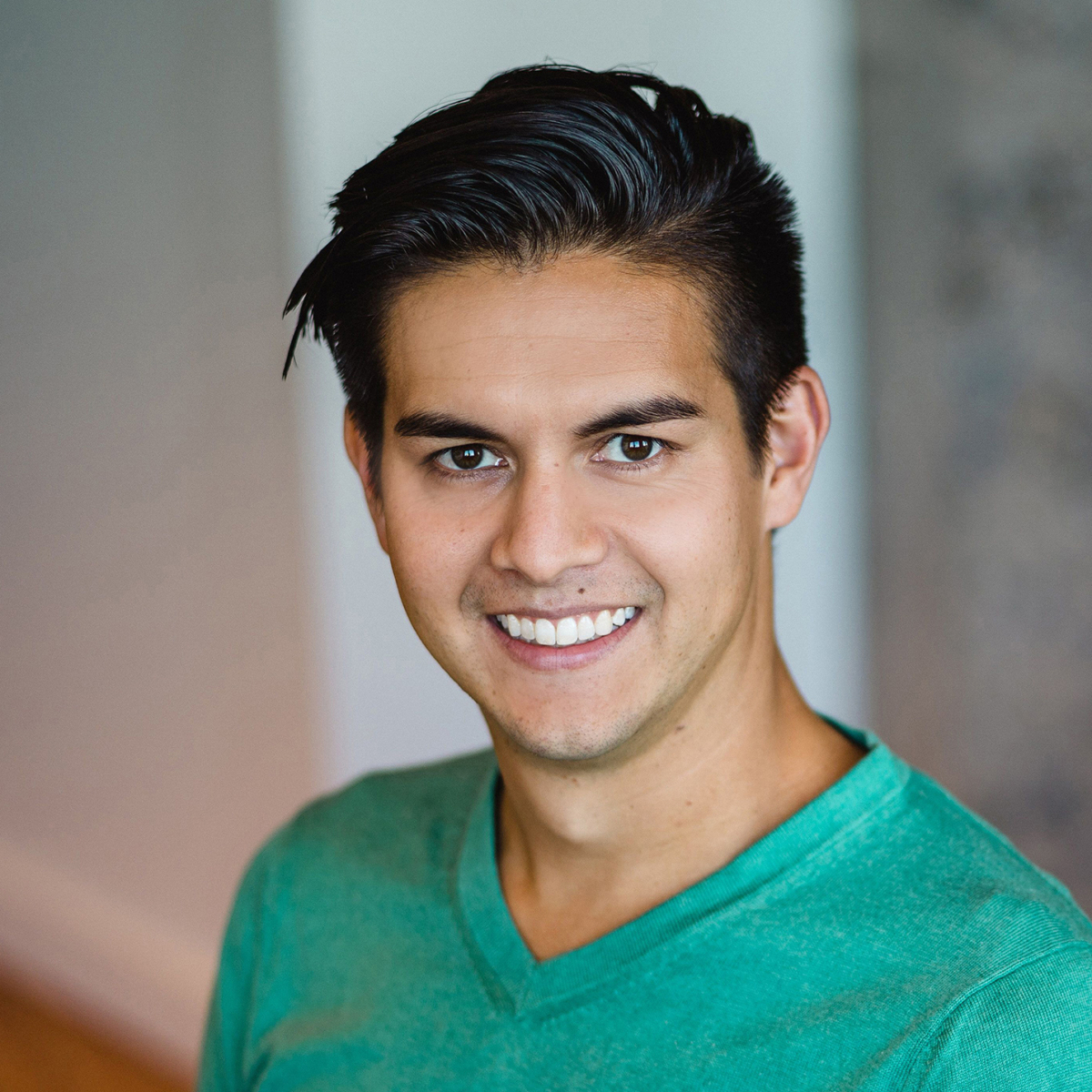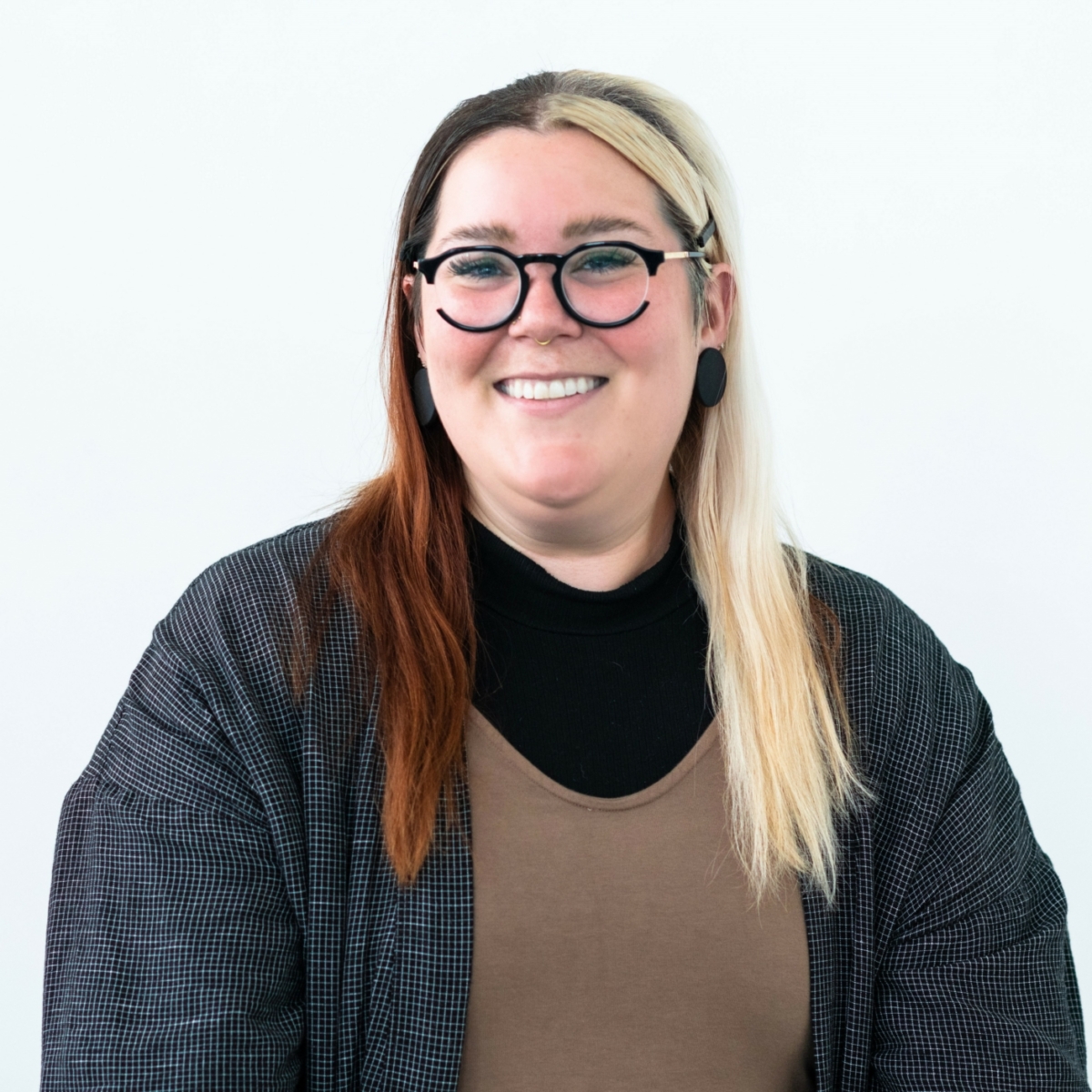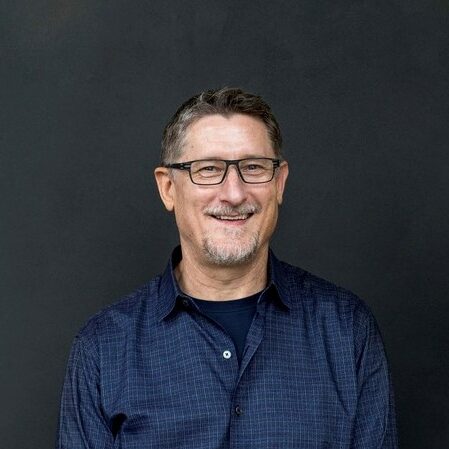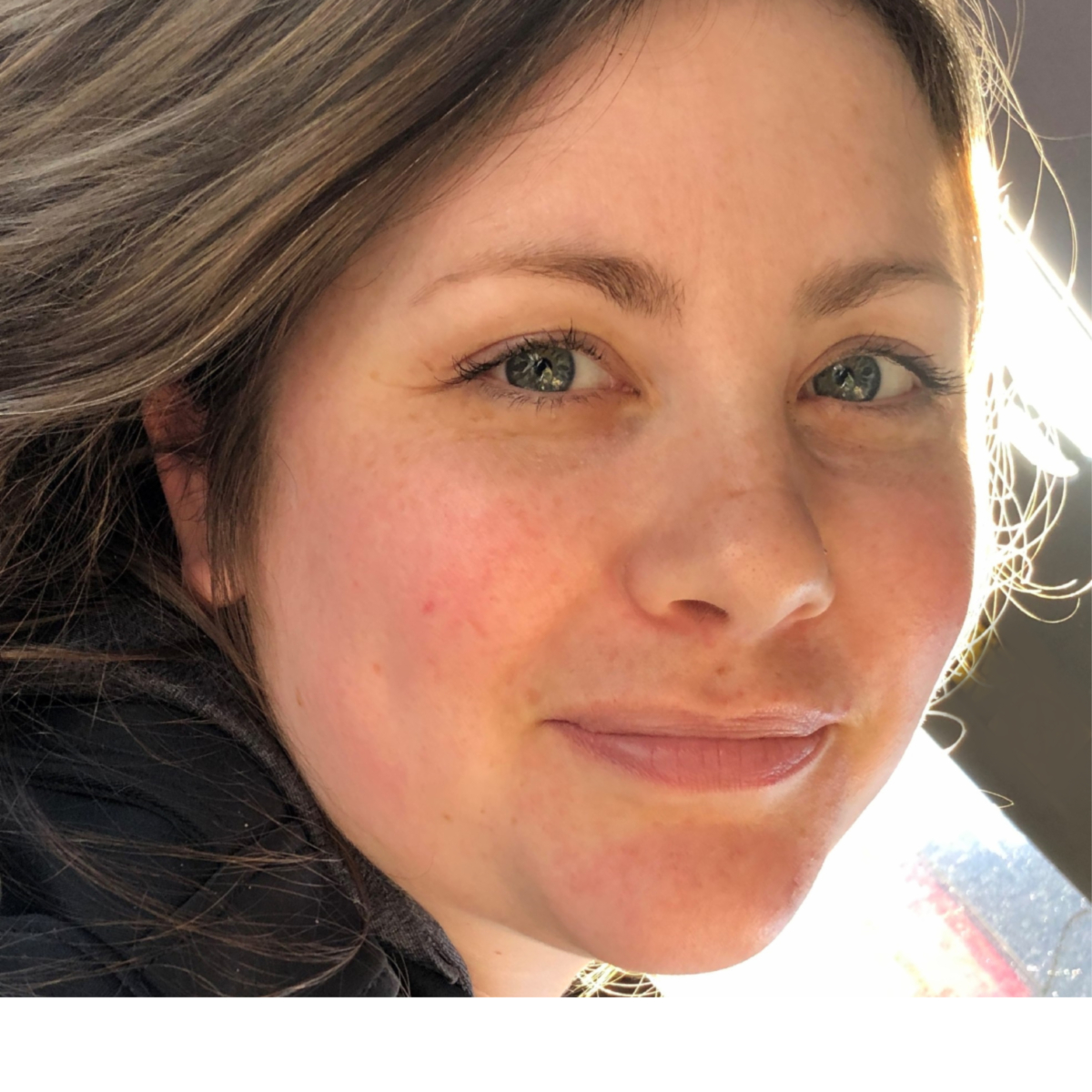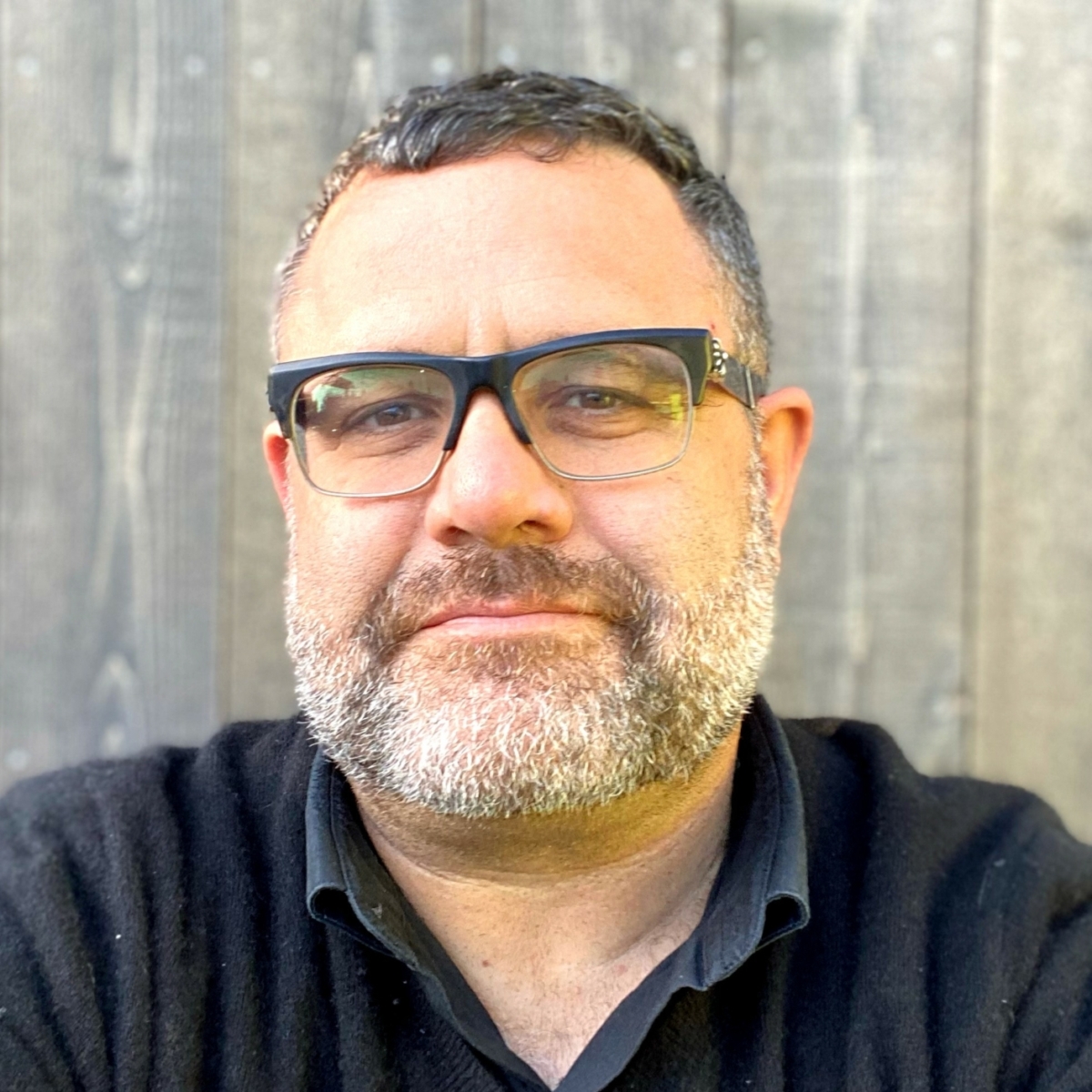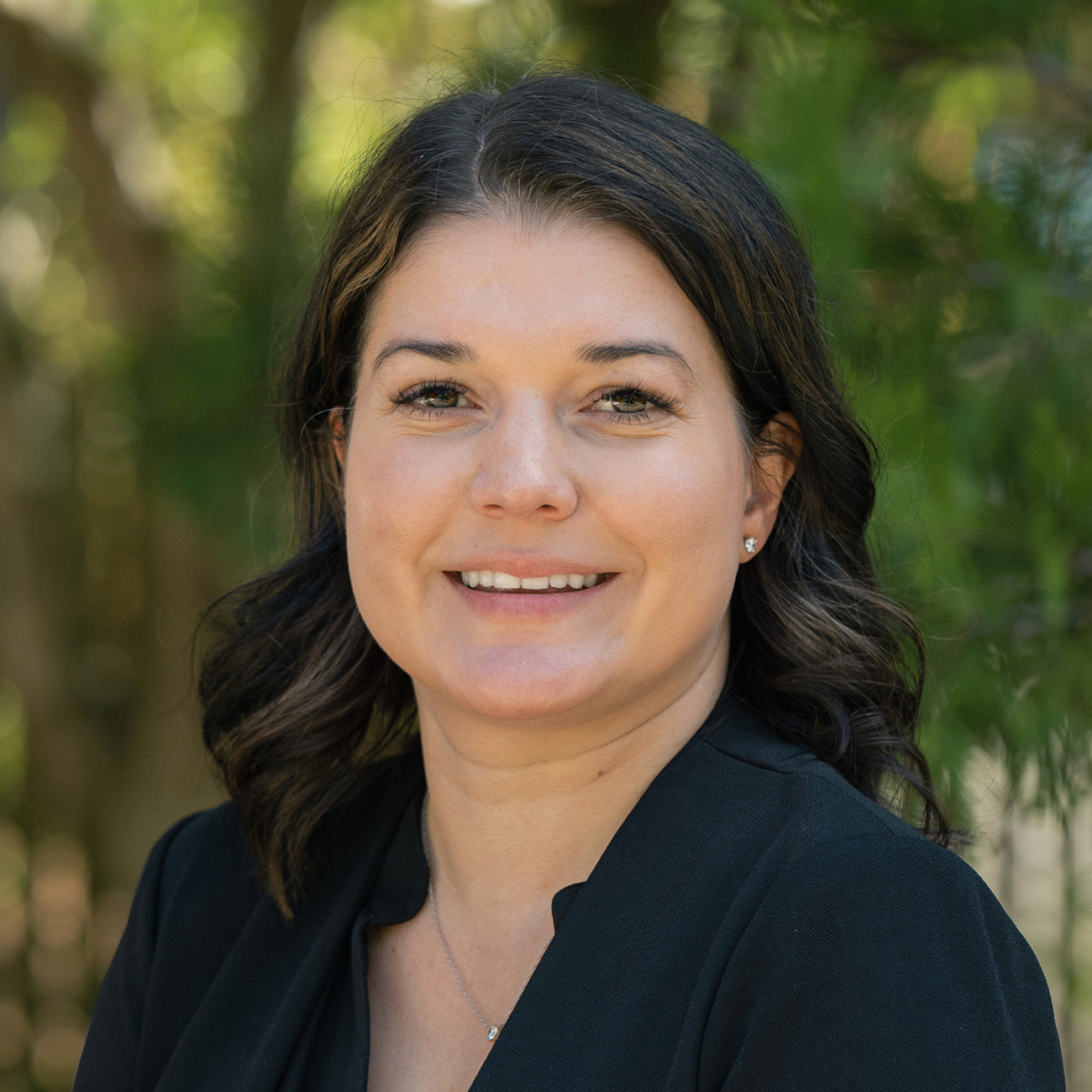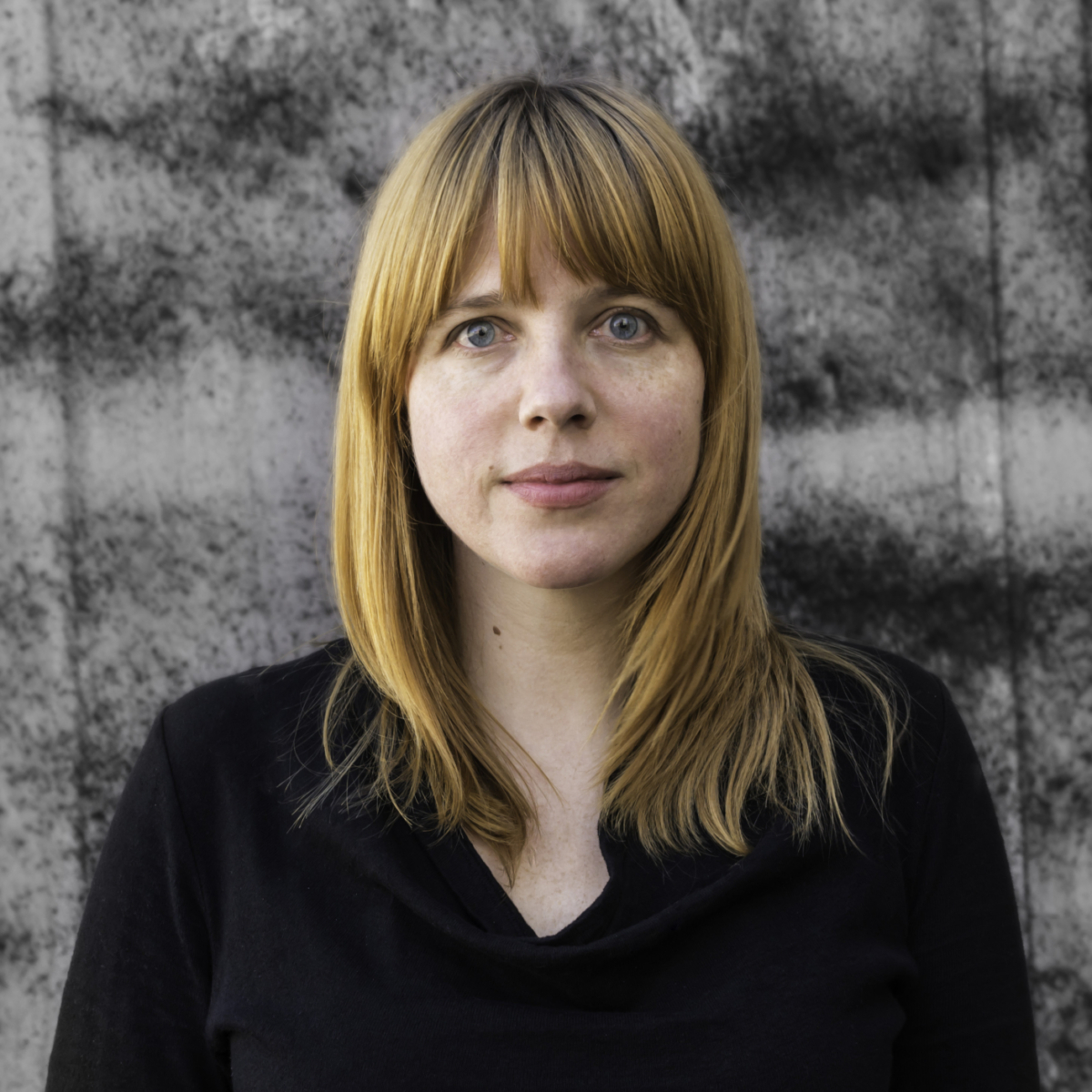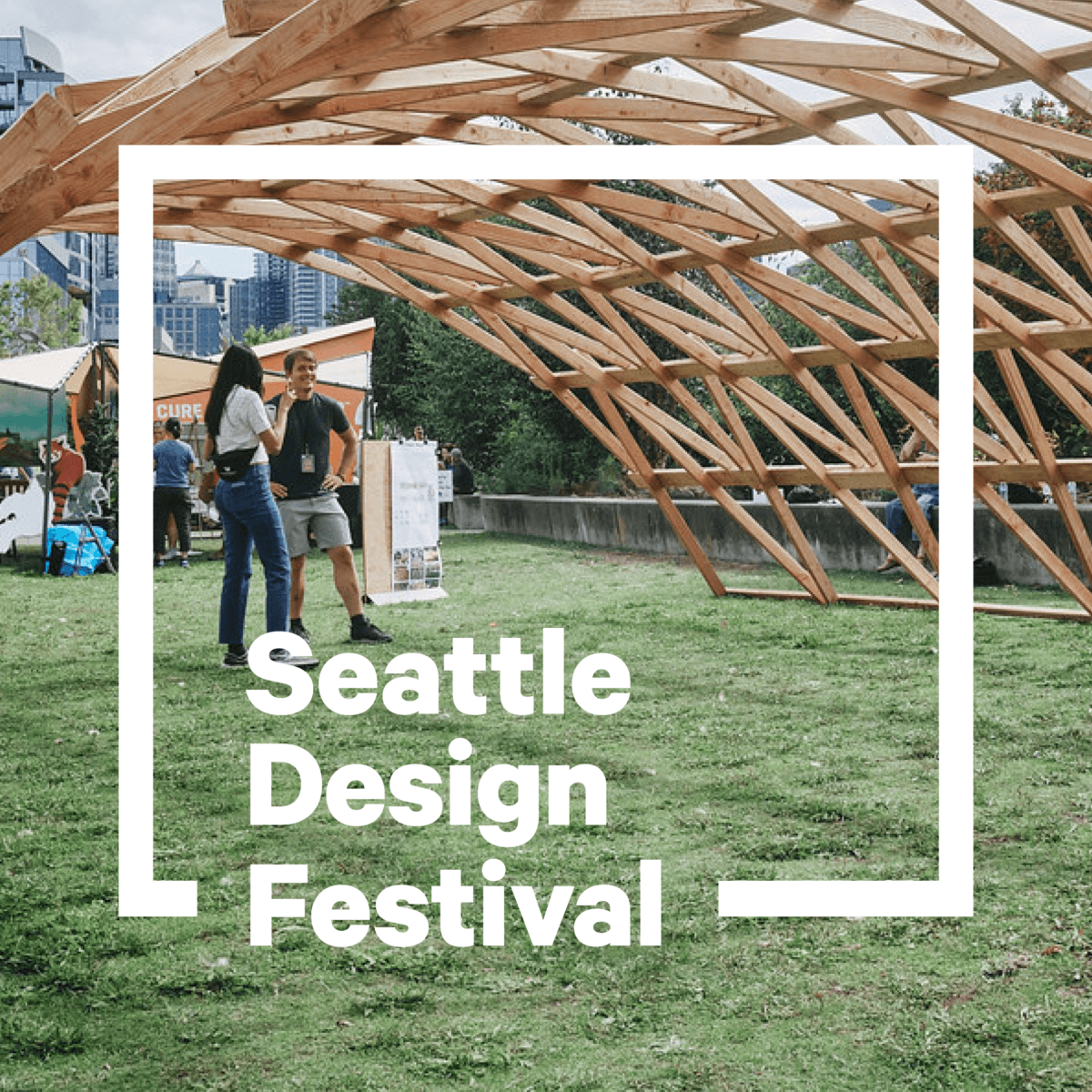NATIONAL NEWS
California Gas Ban Lawsuit Dismissed
A federal court in San Francisco dismissed a preemption challenge to the ban on gas hookups in new construction in Berkeley, California. California has more than 40 cities that have implemented gas bans or other restrictions, and this outcome will inform further efforts there and in other states. Seattle attempted a gas ban for new construction in 2019, but the effort, led by former Councilmember Mike O’Brien, was unsuccessful. Seattle’s new energy code does not ban gas but restricts the use of gas (and electric resistance) for space heating and water heating in commercial and taller multifamily buildings. Other gas uses, such as cooking and decorative fireplaces, are not impacted.
STATE NEWS
Stamping Questions Return to the Attorney General
AIA Washington Council submitted formal comments to the Attorney General’s office in response to a request, likely spurred by an engineering firm in the Yakima area, for an official opinion allowing engineers to stamp a full set of drawings, including architecture drawings, that fall outside of the exemptions outlined in state statute. This request was apparently triggered by a separate opinion released by the Attorney General’s office earlier this year, which found that engineers are not allowed to stamp documents that are architectural in nature. (AIA|WA made the request for this opinion.) While local governments allowing engineers to stamp architectural drawings has largely been an issue on the east side of the state, an unfavorable opinion by the Attorney General’s office will impact western Washington as well. Complicating the matter is the fact that state statute does not clearly define engineering or architectural work – rather, it says only that architectural work is work that requires an architect’s education and training, and it provides similar language regarding engineering work. There is no timetable for the Attorney General’s office to respond, and it could take more than a year.
State Begins Outreach to Owners on the Clean Buildings Performance Standard
The Washington State Department of Commerce reminds owners and operators of commercial properties 50,000 sq ft and above to review the list of buildings that are subject to Washington’s Clean Buildings Performance Standard. Building owners should expect to receive a letter later this summer notifying them that their building is likely subject to the standard and providing additional direction on next steps – and they will have questions for their architects. Reporting and compliance requirements are phased in beginning June 2026 based on building size. Owners may be eligible for the state’s Early Adopter Incentive program, regardless of whether they are required to make energy efficiency improvements to comply with the standard or not. The program offers performance-based incentive payments to building owners who get a head start on compliance or who simply choose to make qualifying improvements to their buildings.
LOCAL NEWS
Seattle Approves Policy for Affordable Housing on Property Owned by Religious Organizations – with a Disappointing Change
In compliance with state legislation (HB 1377) passed in 2019, the Seattle City Council passed and Mayor Jenny Durkan signed legislation to allow religious institutions to access additional development capacity when they redevelop their property for long-term rent- and income-restricted affordable housing. The state law requires such projects to target households at a maximum of 80% AMI (area mean income), but it allows local governments to lower that threshold. AIA strongly supported this legislation, but we have concerns about the final version, which was amended to provide development bonuses only to projects at 60% AMI or below.
Donald King FAIA and Renée Chang FAIA have publicly argued that this change eliminates the ability of the Black churches that are working with the Nehemiah Initiative to utilize the program because projects at 60% AMI are so financially perilous that only large developers can secure the major grants and federal tax grants to develop them. AIA is working on a letter to be cosigned by the National Organization of Minority Architects Northwest (NOMA NW) to Mayor Durkan and City Councilmembers echoing these comments and arguing that the final legislation will deny the independent, bottom-up community organizations that have the opportunity to most impact BIPOC lives and communities access to the program that was intended to serve them. AIA is calling on the City Council to recall the legislation and revisit the AMI threshold.
Growth Strategy Racial Equity Toolkit Report Released
In 2019, a budget proviso requested by Councilmember Teresa Mosqueda provided funding for a racial equity toolkit analysis of Seattle’s urban village growth strategy. That report was delayed by the Durkan administration, in part due to COVID. It was finally released this week and was presented to the City Council’s Land Use and Neighborhoods Committee by Rico Quirindongo AIA, Director of the Office of Planning and Community Development. You can watch that Council hearing here. The document itself is here. The report will help guide Seattle’s Comprehensive Plan Update that kicks off this year and will inform a deeper analysis of Seattle’s existing urban village growth strategy using the city’s Racial Equity Toolkit. We encourage AIA members to review the report and send any comments to Kirsten – or directly to your Councilmembers.
Renaming Seattle’s Single-Family Zones
In June, City Councilmember Teresa Mosqueda announced that the renaming of Seattle’s single-family zoning category to “neighborhood residential” will kick off with a public hearing during the Council’s Land Use and Neighborhoods Committee meeting on July 28. AIA Seattle has supported this change because it provides a better reflection of the current make-up of these zones and is an important step in the direction of greater equity among neighborhoods. While this is a small adjustment, it will be important to secure this change as Seattle heads into its major Comprehensive Plan update. Importantly, this proposal will be part of the annual Comprehensive Plan update legislation considered by the Council this year, not the multi-year Comprehensive Plan update that has yet to begin.
Mayor Durkan Proposal to Fill Downtown Storefronts
In June, Mayor Durkan announced legislation to allow additional uses for downtown storefronts in an effort to fill empty spaces and revitalize downtown. The ordinance would be temporary, lasting for 12 months, unless Council extends it. The proposal would expand the uses that would be allowed in these spaces to include bike parking, art installations, gyms, medical offices, museums, and other items not currently allowed under the city’s usage guidelines. The ordinance is not yet scheduled to go before Council. AIA Seattle’s Public Policy Board argues that this program should do more to encourage more affordable spaces and should specifically target the BIPOC community. They also question why this change should be temporary. If you have comments to add to the discussion, please let Kirsten know. AIA Seattle will likely send a letter to Mayor Durkan and councilmembers on this topic, and we’d like your feedback.
OPPORTUNITIES
Built Environment Candidate Forums
If you missed our Built Environment Candidate Forums for city of Seattle candidates, you can view the recordings here:
Ballots will be mailed this week and must be mailed back by Aug. 3. Please vote!
Lid I-5 Newsletter
Support Lid-I-5’s campaign for federal funding as part of federal highway mitigation legislation; walk the freeway during Lid I-5’s July 28 tour; read the City of Seattle’s recently-released I-5 Feasibility Study.
EVENTS
Join us at the Seattle Design Festival! Aug. 21-22
The Seattle Design Festival Block Party is a two-day street fair celebrating the powerful ways design affects our lives. This fun outdoor event is an opportunity for the design community and the public to come together and interact through large-scale design installations, performances, and design activities all centered around the Festival’s 2021 theme, EMERGE. Join us Aug. 21-22 at Lake Union Park!
AIA Seattle Advocacy Committee Meetings
- AIA Seattle’s Housing Task Force meets monthly via Zoom on the second Thursday of each month at noon via Zoom. For info on how to access the meeting, contact Kirsten.
We’d love to hear from you! To comment or for more information on these or any other topics, please contact:
Kirsten Smith
Manager of Policy & Advocacy
AIA Seattle & AIA Washington Council
206-957-1926 | kirstens@aiaseattle.temp312.kinsta.cloud



